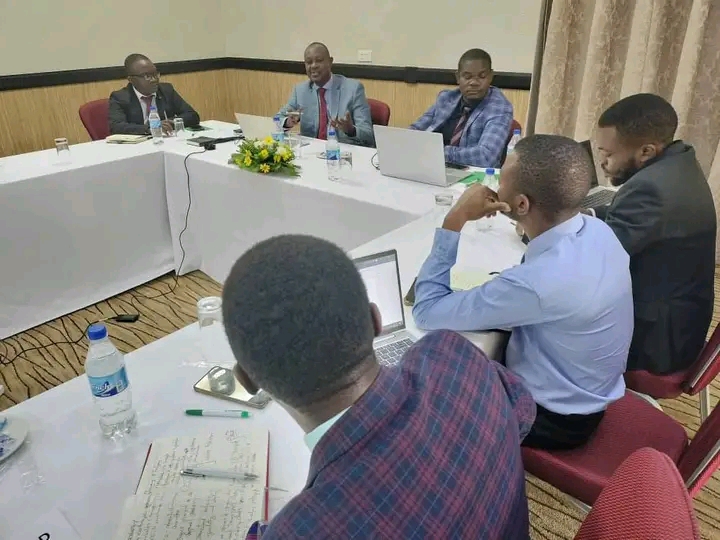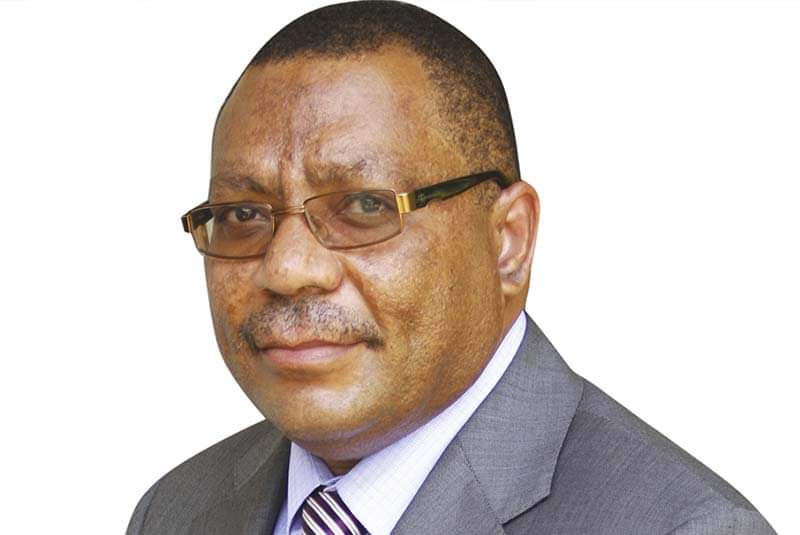By Jones Gadama
The Central Corridor Transit Transport Facilitation Agency (CCTTFA) is engaging stakeholders in member countries, including Malawi, to address challenges affecting the clearance of goods within the central corridor, which connects countries to the port of Dar-es-Salaam in Tanzania.
The agency is concerned with the continued delays, which are impacting the timely delivery of goods to their final destinations.
According to CCTTFA Director of Freight Logistics and Transit Facilitation, Engineer Melchior Barantandikiye, one of the key issues contributing to the delays is the numerous checkpoints along the corridor. “We want to reduce the number of checkpoints, which are causing unnecessary delays and increasing the cost of doing business,” Barantandikiye said.
He was speaking in Blantyre during the agency’s engagement with stakeholders in Malawi.
The engagement, which brought together stakeholders from various sectors, including transport, trade, and commerce, aimed to discuss the challenges affecting the central corridor and identify solutions to improve the efficiency of goods clearance. Daudi Piasi, Senior Economist in the Ministry of Transport and Public Works in Malawi, described the engagement as crucial.
“This is an important initiative that will help us address the challenges affecting the central corridor and improve the efficiency of goods clearance,” Piasi said.
Mcknight Banda, Vice President of the Indigenous Clearing and Forwarding Association in Malawi, echoed Piasi’s sentiments. “The central corridor is a critical transportation route for Malawi, and any delays or inefficiencies in the clearance of goods can have significant economic implications,” Banda said.
He added that the engagement provided a valuable opportunity for stakeholders to discuss the challenges and identify solutions.
The central corridor is a vital transportation route for Malawi and other landlocked countries in the region, providing access to the port of Dar-es-Salaam in Tanzania.
However, the corridor has faced several challenges, including delays in goods clearance, which have increased the cost of doing business and affected the competitiveness of local industries.
The CCTTFA engagement with stakeholders in Malawi is part of a broader effort to address the challenges affecting the central corridor.
The agency is working with member countries to implement measures that will improve the efficiency of goods clearance and reduce transit times.
Some of the measures being considered include the implementation of a single window system, which will enable traders to submit customs declarations and other required documents electronically, reducing the need for physical interactions with customs officials.
The agency is also working to harmonize customs procedures and regulations across member countries, which will help to reduce delays and increase the efficiency of goods clearance.
The engagement with stakeholders in Malawi is a positive step towards addressing the challenges affecting the central corridor.
By working together, stakeholders can identify solutions that will improve the efficiency of goods clearance and reduce transit times, making the central corridor a more attractive option for traders.
The CCTTFA’s engagement with stakeholders in Malawi highlights the importance of collaboration and cooperation in addressing the challenges affecting the central corridor.
By working together, stakeholders can identify solutions that will improve the efficiency of goods clearance and reduce transit times, benefiting the economy and trade in the region.
The agency’s efforts to reduce checkpoints and implement a single window system are critical steps towards achieving this goal.




